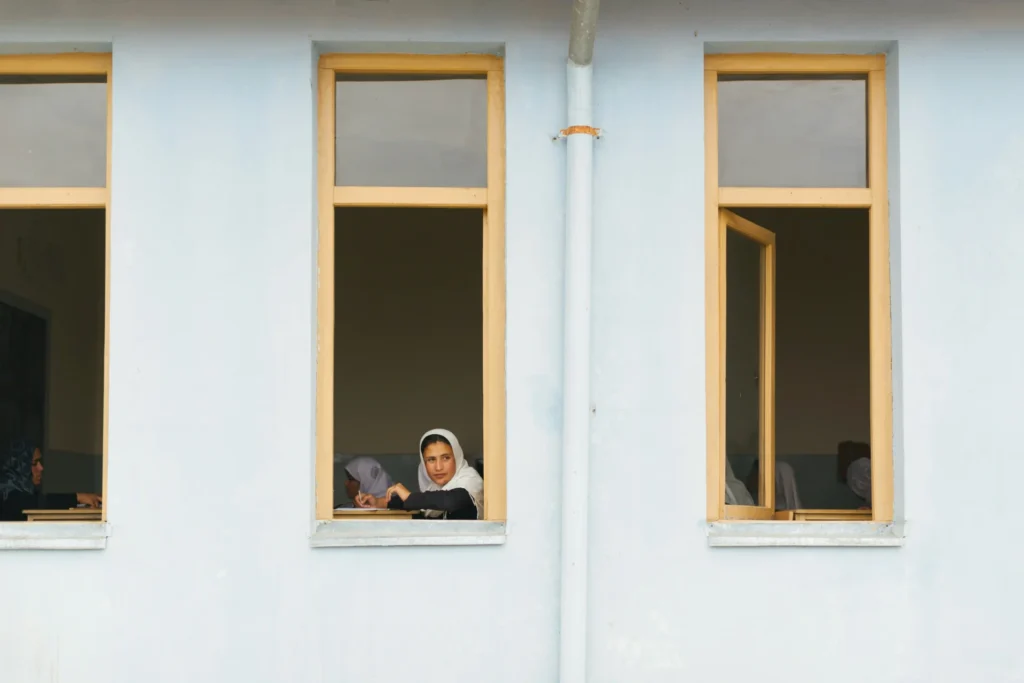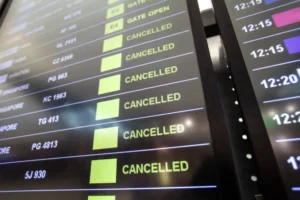The Trump administration announced Monday it will revoke protection for 9,000 Afghan refugees, including many who supported US forces. Just days earlier, the Alaska House unanimously passed a resolution urging the federal government to restart evacuations and resume visa processing.
House Joint Resolution 13, introduced by Representative Will Stapp of Fairbanks, aims to support Afghan allies left stranded overseas. Stapp, a Republican and Iraq War veteran, described local interpreters and officers who risked their lives to aid US missions.
On the House floor, Stapp emphasized fulfilling promises made to those who stood beside American soldiers in dangerous combat zones. He called on Congress and federal agencies to restart special immigration visa (SIV) processing for those already approved for relocation.
The resolution urges federal officials to fix stalled visa cases and restart flights for Afghan allies and their immediate families. Though introduced before Monday’s refugee decision, it gains urgency following the administration’s plan to cancel humanitarian parole permissions.
Alaska lawmakers across party lines backed the resolution, saying the US owes moral and strategic obligations to wartime partners. Stapp warned that delays could lead to death or persecution for people who helped American troops in Afghanistan for years.
Alaska’s Senate must approve the resolution in the Senate State Affairs Committee, awaiting further action. Unlike binding law, the resolution serves as a strong statement from Alaska lawmakers supporting Afghan allies abroad.
The measure requests that the US overcome diplomatic barriers and logistics to resume critical evacuations immediately. Stapp framed the issue as a national honor, urging leaders to act before more lives are lost.
The Trump administration has not yet responded to the growing pressure from states like Alaska seeking renewed refugee commitments. If passed by the Senate, the Alaska resolution for Afghan allies would formally represent the state’s appeal for federal action. With bipartisan support already secured in the House, advocates believe momentum is building behind the resolution for Afghan allies.











